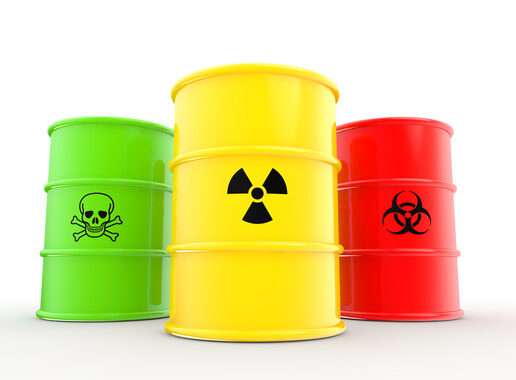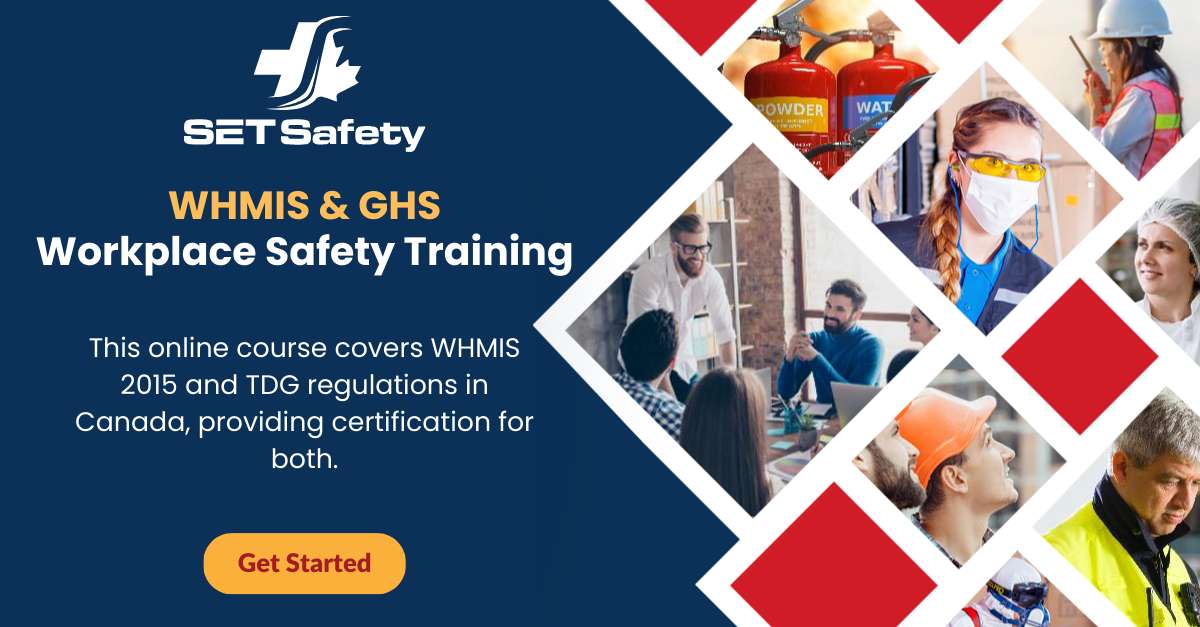
New Legal Requirements for WHMIS & GHS Training in Canada
Since the mid-1980s and the passing of the Hazardous Products Act, the provinces and territories of Canada have united to better protect workers across the country. Establishing the Workplace Hazardous Materials Information System (WHMIS) was the major success of the new law, resulting in improved labour safety records across all industries. On February 11, 2015, an amendment was passed to incorporate the United Nations’ Globally Harmonized System of classification and labelling of chemicals (GHS)– requiring a system-wide update of workers’ qualifications. Read on for a summary of changes and why you should ensure your workforce’s training is up to date.
Bridging the Gap: WHMIS 1988 to WHMIS 2015 with GHS Integration
There is a simple difference between past and present WHMIS regulations: the inclusion of GHS practices in all safety standards and training. SET Safety’s newest courses are current with all changes and additions brought on by WHMIS 2015. Your employees’ coursework will refresh their knowledge of WHMIS principles in place since 1988, while outlining all of the new features added in 2015. Once complete, all course graduates will be comprehensively trained in GHS (WHMIS 2015) and WHMIS (WHMIS 1988).
WHAT IS GHS?
Developed by the United Nations in the early 1990s, GHS is meant to organize and brand all chemicals under one umbrella for implementation across all countries. While total adoption is incomplete, many countries have committed or began their conversion to GHS. Eliminating the diverse, confusing hodge-podge of labeling systems around the world is the most important feature of GHS. In Canada, all levels of government will require manufacturers, importers, distributors and employers to comply with GHS standards by 2019. Adding GHS standards to WHMIS was an amendment known as WHMIS 2015 put in place by the Government of Canada.
Prioritizing Safety: The Importance of Upgrading to WHMIS 2015
As a business owner or supervisor, you may feel that existing WHMIS credentials are enough for your staff. While this may be appropriate in the short-term, failing to update to WHMIS 2015 will only set you back in the future. Not only is safety important to the well-being of your workforce, early adoption is an easy way to prevent a training bottleneck down the road. The consequences may seem a long way off now, but being prepared is just good risk management– besides: your staff’s safety should be your first priority!
If you or your staff is regulated by WHMIS, it is in your best interest to familiarize yourself with the changes implemented in 2015. All information is outlined on Government of Canada websites, but feel free to contact SET Safety today for a comprehensive rundown of our WHMIS 2015 curriculum. Sign your staff up today and their WHMIS knowledge will be renewed, while preparing them for GHS standards!

